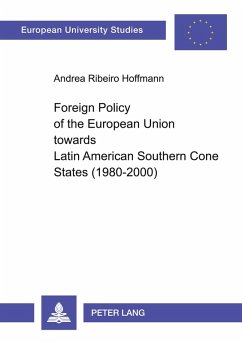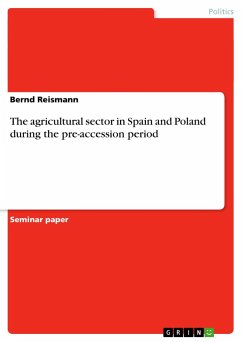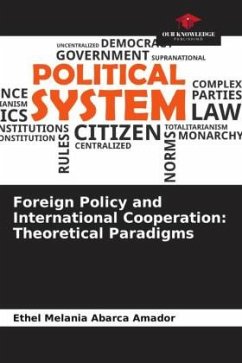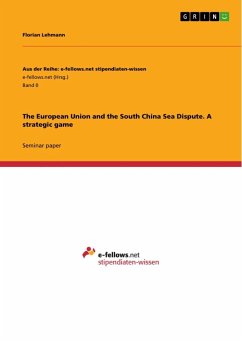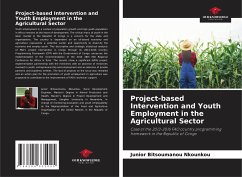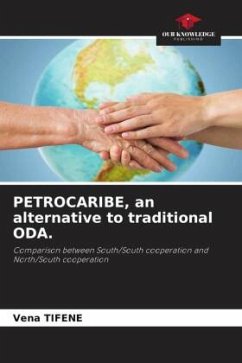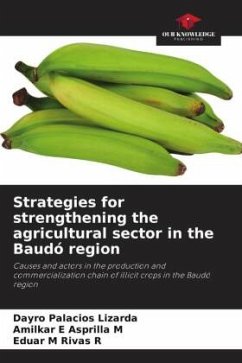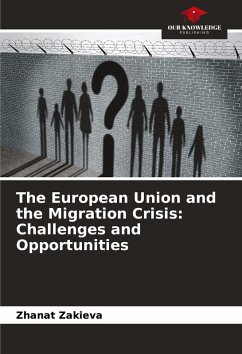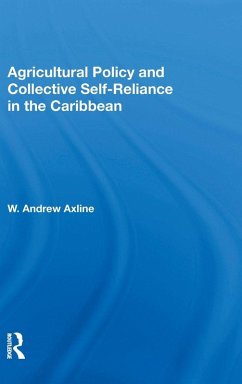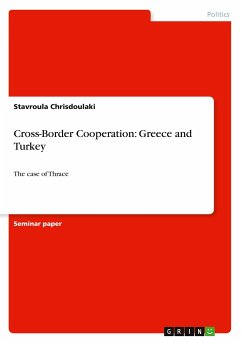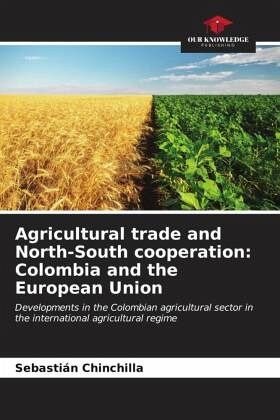
Agricultural trade and North-South cooperation: Colombia and the European Union
Developments in the Colombian agricultural sector in the international agricultural regime
Versandkostenfrei!
Versandfertig in 6-10 Tagen
27,99 €
inkl. MwSt.

PAYBACK Punkte
14 °P sammeln!
The creation of the international agricultural regime after World War II presented inconsistencies and asymmetries between developed and developing countries. As a result, the United States and European countries had great dominance over other nations in international trade. This led to a series of reforms and conferences within the World Trade Organisation. For this reason, this research analyses, through the theory of complex interdependence and the concept of international regimes, the vulnerability and sensitivity of the Colombian agricultural sector to changes in the international agricul...
The creation of the international agricultural regime after World War II presented inconsistencies and asymmetries between developed and developing countries. As a result, the United States and European countries had great dominance over other nations in international trade. This led to a series of reforms and conferences within the World Trade Organisation. For this reason, this research analyses, through the theory of complex interdependence and the concept of international regimes, the vulnerability and sensitivity of the Colombian agricultural sector to changes in the international agricultural regime. It observes the influence of the Generalised System of Preferences, the Free Trade Agreement and North-South cooperation with the European Union.



